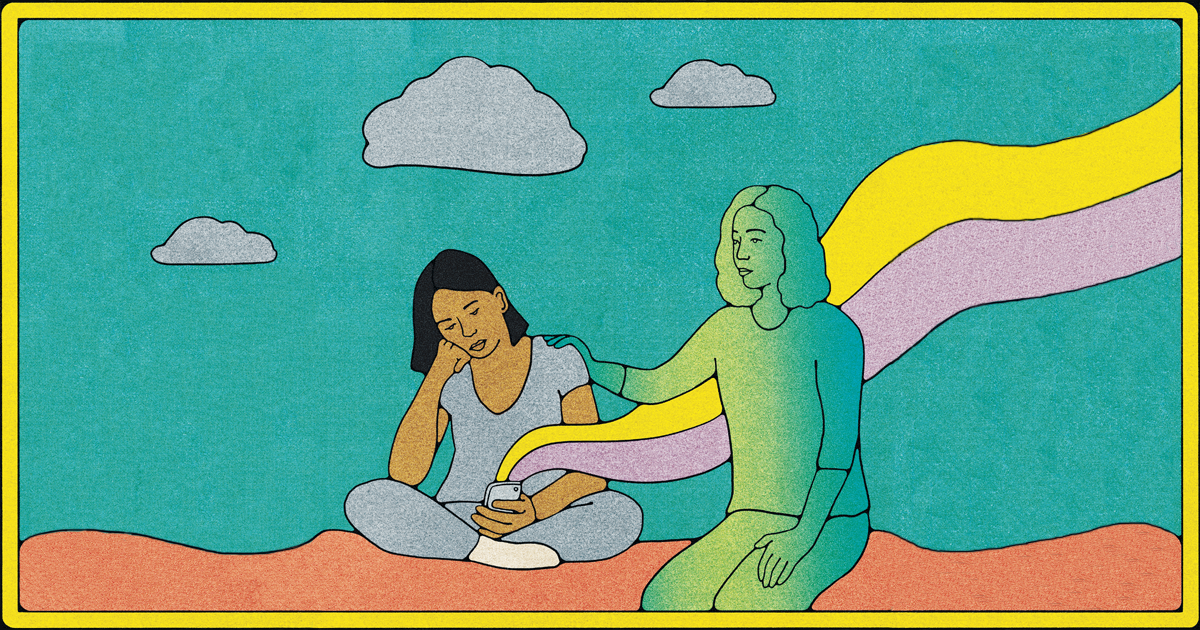We Can End Digital Victim-Blaming: How to Support Survivors of Sexual Violence Online

During Sexual Assault Awareness Month 2021, NO MORE is proud to join the National Sexual Violence Resource Center for critical discussions about online sexual harassment and abuse.
Preventing and ending sexual violence requires societal change, and much of that change is attitudinal. If we want to assess and respond to the root causes of sexual violence, we have to start with widely-held, cultural beliefs. Of all of the beliefs that reinforce violence, victim-blaming, or the assumption that survivors of assault are somehow at fault for their own abuse, is among the most damaging.
What does online victim-blaming look like?
In our society, it is not difficult to find instances of victim-blaming online. If you spend any time on the internet, especially in the #MeToo era, you’ve likely seen the comment section under a post about sexual violence. Many commenters offer words of encouragement — supporting survivors, wishing them a safe recovery from trauma, or applauding their bravery for coming forward. But, inevitably, you will also encounter victim-blaming statements like:
- “Why didn’t you come forward sooner/immediately report the assault?”
- “You just want attention or a payday.”
- “You had to know what would happen if you went to his apartment/hotel room.”
- “How were you dressed at the time of the assault?”
- “How much had you had to drink?”
- “You shouldn’t have been out alone that late.”
There are many other ways that someone might subtly suggest that a survivor either provoked an assault or did not do enough to stop it.
None of these statements are relevant, and they are not justifications for sexual assault.
Together We Can End Domestic and Sexual Violence






